In our fast-paced world, stress has become an almost constant companion in our lives. The demands of work, family, and social commitments can often leave us feeling overwhelmed and drained. However, living a stress-free life is not an unattainable dream. With the right mindset, strategies, and a bit of determination, you can lead a more peaceful and balanced life. In this comprehensive guide, we will explore how to reduce stress and find the path to a more fulfilling, stress-free existence.
Understanding Stress
To conquer stress, you must first understand it. Stress is a natural response to challenging situations, but when it becomes chronic, it can take a toll on your mental and physical health. Recognizing the signs of stress is the first step to managing it. Common symptoms of stress include:
1. Anxiety
2. Irritability
3. Insomnia
4. Fatigue
5. Muscle tension
6. Headaches
7. Digestive problems
Identifying Stressors
Once you recognize the signs of stress, it’s essential to identify the specific stressors in your life. Stressors can be external, such as work or family responsibilities, or internal, such as perfectionism or negative self-talk. Make a list of your stressors, and rank them in terms of their impact on your life. This will help you prioritize what to address first.
Mindfulness and Meditation
Mindfulness and meditation are powerful tools for managing stress. These practices encourage you to focus on the present moment and let go of worries about the past or future. Regular meditation sessions can reduce anxiety, improve concentration, and increase overall well-being. Start with just a few minutes of meditation each day and gradually extend the duration as you become more comfortable with the practice.
The Importance of Physical Activity
Exercise is not only essential for maintaining physical health but also for managing stress. When you engage in physical activity, your body releases endorphins, which are natural mood lifters. Regular exercise can help you manage stress by reducing tension, improving sleep, and increasing your overall sense of well-being. Whether it’s going for a walk, practicing yoga, or hitting the gym, find an activity that you enjoy and make it a part of your routine.
Healthy Eating Habits
What you eat can have a significant impact on your stress levels. A well-balanced diet rich in fruits, vegetables, and whole grains can provide your body with the nutrients it needs to cope with stress. Avoid excessive caffeine and sugar, as they can lead to energy spikes and crashes, exacerbating stress. Additionally, staying hydrated is crucial for both physical and mental well-being.
Sleep and Stress
A good night’s sleep is crucial for managing stress. Sleep is the body’s natural way of rejuvenating and repairing itself. Poor sleep can exacerbate stress and make it harder to cope with life’s challenges. To improve your sleep quality, establish a regular sleep schedule, create a relaxing bedtime routine, and ensure your sleep environment is comfortable and conducive to rest.
Time Management
Managing your time effectively is another key to living a stress-free life. Overcommitting and procrastinating can lead to feeling overwhelmed and anxious. Develop a daily schedule or to-do list, and be realistic about what you can accomplish in a day. Prioritize tasks based on importance and deadlines, and don’t be afraid to delegate or say no when necessary.
Setting Realistic Goals
Unrealistic expectations can lead to stress and disappointment. Set achievable, realistic goals for yourself, and break them down into smaller, manageable steps. Celebrate your successes along the way, and don’t be too hard on yourself when things don’t go as planned.
Establishing Boundaries
It’s crucial to set boundaries in your personal and professional life. Learn to say no when you need to and communicate your limits to others. This will help you avoid overcommitting and maintain a healthy work-life balance.
Social Connections
Strong social connections are essential for managing stress. Spending time with friends and loved ones can provide emotional support and a sense of belonging. Open up to those you trust about your feelings and seek their advice and encouragement.
Seeking Professional Help
If your stress becomes unmanageable, seeking professional help is a sign of strength, not weakness. A therapist or counselor can provide guidance and strategies to help you cope with stress, anxiety, and other emotional challenges.
Hobbies and Relaxation
Engaging in hobbies and relaxation activities is an excellent way to reduce stress. Whether it’s reading, painting, gardening, or simply taking a leisurely bath, find activities that bring you joy and peace.
Embrace Positivity
A positive mindset can work wonders for stress reduction. Practice gratitude by focusing on the things you’re thankful for. Challenge negative thoughts and replace them with positive ones. Surround yourself with positivity and cut out toxic influences in your life.
Living a stress-free life is an ongoing journey that requires dedication and self-awareness. By understanding stress, identifying stressors, and implementing the strategies mentioned in this guide, you can take control of your life and achieve a more peaceful and balanced existence. Remember that stress is a part of life, but it doesn’t have to dominate it. With the right tools and a commitment to self-care, you can lead a fulfilling and stress-free life.


